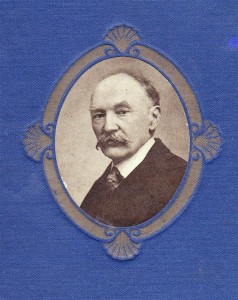Dewfall-hawk is Thomas Hardy’s poetic word for the nightjar which appears in his poem Afterwards.

I admire writers and artists who are able to capture a moment of truth or beauty in their work; who find the extraordinary in the ordinary. Those who have the eye to notice such things, the ear to hear and the senses to feel what is around them in the natural world, as Hardy does.
Sometimes writing is like searching for food at dusk and dawn as the nightjar does. That twilight world of ideas and memories, where the real and the imagined meet and mix. Whatever the medium – poetry, prose, music, painting or sculpture, it is a joy to have the freedom to express oneself and to share one’s view of the world with others.
From Afterwards by Thomas Hardy
When the Present has latched its postern behind my tremulous stay.
And the May month flaps its glad green leaves like wings.
Delicate-filmed as new spun silk, will the neighbours say,
‘He was a man who used to notice such things’?
If it be in the dusk when, like an eyelid’s soundless blink,
The dewfall-hawk comes crossing the shades to alight
Upon the wind-warped upland thorn, a gazer may think,
‘To him this must have been a familiar sight.’
Nightjars and Woodland
‘The number of nightjars in Britain was in major decline after the Second World War. But now that we manage our public forests to protect wildlife, numbers appear to be increasing again. More than 50% of Britain’s nightjar population now nest in woods where mature trees have been cut down and young trees planted. Nightjars are rarely seen during daylight, but at night when they are ‘churring’ on the branch of a prominent tree they can be picked out against the night sky.’
From: www.forestry.gov.uk/forestry/nightjar
Some Hardy links:
The Thomas Hardy Society
The Thomas Hardy Association
Dorset County Museum
